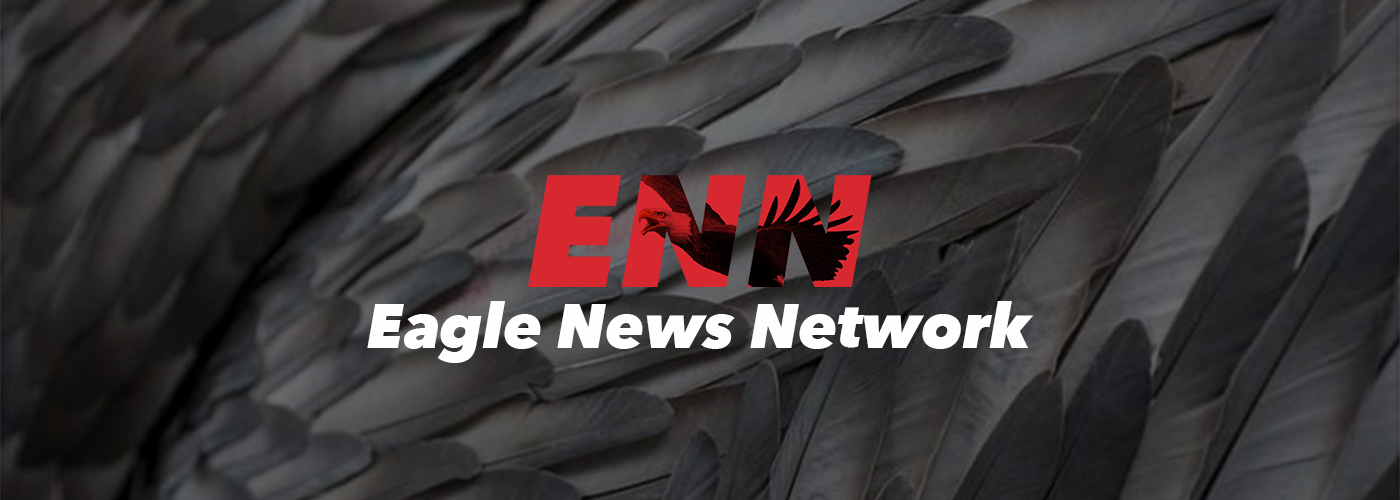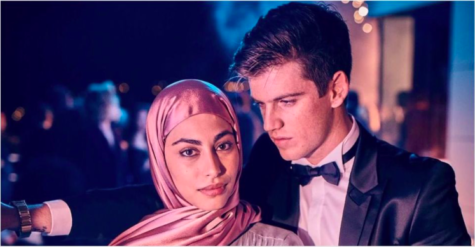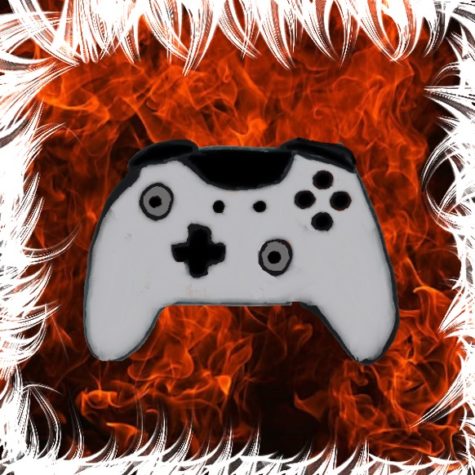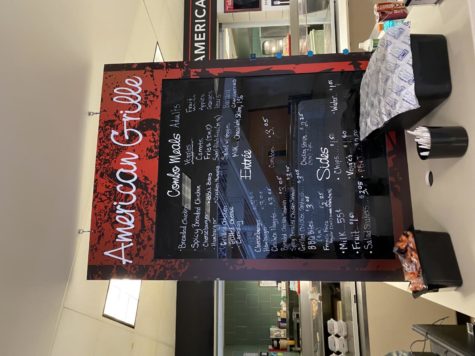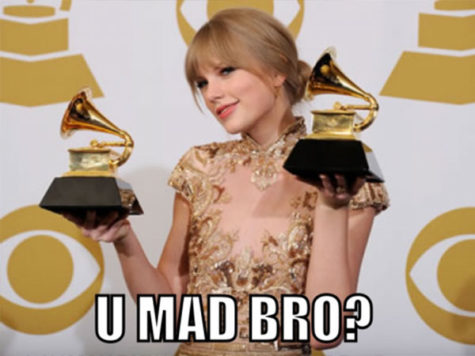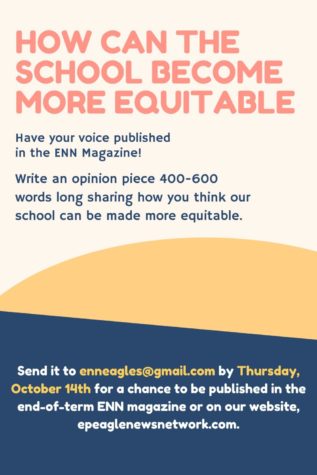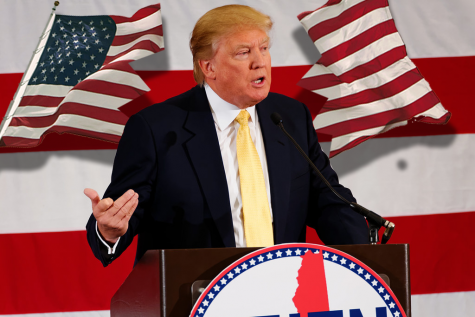How am I?
May 29, 2020
I am not okay. I’m heartbroken, angry, disappointed, frustrated, hopeless, and scared. The first characteristic my peers, teachers, and strangers notice is the color of my skin. Because of something I was born with, I am stereotyped and judged before I can even reveal my true character. I grew up in a very conservative, white, small church community where my family and 10 other people were the only ones who stood out visually. Church is supposed to feel like community and it is supposed to celebrate the God given talents and differences that all contribute to the kingdom of God. I have always felt like an outsider, like I didn’t belong. To tell you the truth, one of the aspects that encouraged me to stay at River Valley was seeing for the first time in my life, a person of color, on stage, having an important role as a leader in the church. I finally felt represented. This isn’t to say that my current and past leaders haven’t made an incredible impact on me, but when it comes to the issues me and my family have personally faced in regards to race, they cannot relate. My dad has lost his job twice (last year before Christmas and when I was younger) as a direct result of racism. In Russia as a 5 year old my brother was called a monkey and asked where his tail was. I am an AP/honors student and most often I am the one of the 2-3 black females in my classes. I have personally witnessed a shift in how my teachers treat me when they realize that I am just as successful as my white/asian peers. I am a model minority. I teach teachers/administration about racism at my school and it is an honor to be able to speak my truth and plant seeds of compassion and understanding. This chapter of my life is almost over and as I prepare to go to an elite college full of rich, privileged students who will assume that I only got in because of Affirmative Action.
These experiences are not my identity but they are my reality. The microaggressions I face daily make me more compassionate and understanding because I never want anyone else to feel the way that I have. The thing is this is nothing in comparison to the terror I feel at the fact that the next victim could be my dad (who is incredibly intelligent, dark skinned but doesn’t understand all of USA culture and divided history). Philando Castile died in North Minneapolis in the same area that my dad would work and come home from late. I can’t explain to you the incredible frustration that minorities feel at the fact that they can do everything right and still be profiled and seen as a thug/threat/dangerous. The fires in Minneapolis prove that people are fed up, feel unseen, unheard, and undervalued. I do not justify this violence but when justice isn’t served for the upteenth time, I cannot judge the anger and overwhelming despair. The unfortunate thing is that people who have been silent up until now will only focus on the violent acts of rioters and looters (some who are anarchists) and discount the very peaceful and very necessary protests of the vast majority. I am so grateful that people are opening their eyes to the systemic racism that has long been a part of United States culture and history. I’m grateful that the majority of people are finally taking the side of the victim and not blaming his death on the fact that he had expired license plate tags or something similar. Color blindness, we don’t know the whole story, alllivesmatter, bluelivesmatter, and denying the experiences of POCs all are done out of willful ignorance and lack of responsibility. Caring about the lives of people, regardless of their past, is not a political issue. It’s a human issue. I believe that speaking on race issues on a church platform would be extremely beneficial in uniting against this type of hatred. There are many kids especially in the Southwest Metro Area who don’t even have black friends, so they aren’t even exposed to these truths. I am thankful that I have leaders who validate and recognize the struggles of black people in the United States and I hope and pray that good will come out of this evil.
Also Dr. Reverend Martin Luther King Jr. is often seen as the champion of peaceful race relations. This is part of a speech by him:
…I think America must see that riots do not develop out of thin air. Certain conditions continue to exist in our society which must be condemned as vigorously as we condemn riots. But in the final analysis, a riot is the language of the unheard. And what is it that America has failed to hear? It has failed to hear that the plight of the Negro poor has worsened over the last few years. It has failed to hear that the promises of freedom and justice have not been met. And it has failed to hear that large segments of white society are more concerned about tranquility and the status quo than about justice, equality, and humanity. And so in a real sense our nation’s summers of riots are caused by our nation’s winters of delay. And as long as America postpones justice, we stand in the position of having these recurrences of violence and riots over and over again. Social justice and progress are the absolute guarantors of riot prevention.
This is one of my favorite quotes by a man who survived the Holocaust:
“We must take sides. Neutrality helps the oppressor, never the victim. Silence encourages the tormentor, never the tormented. Sometimes we must interfere. When human lives are endangered, when human dignity is in jeopardy, national borders and sensitivities become irrelevant. Wherever men and women are persecuted because of their race, religion, or political views, that place must – at that moment – become the center of the universe.”

